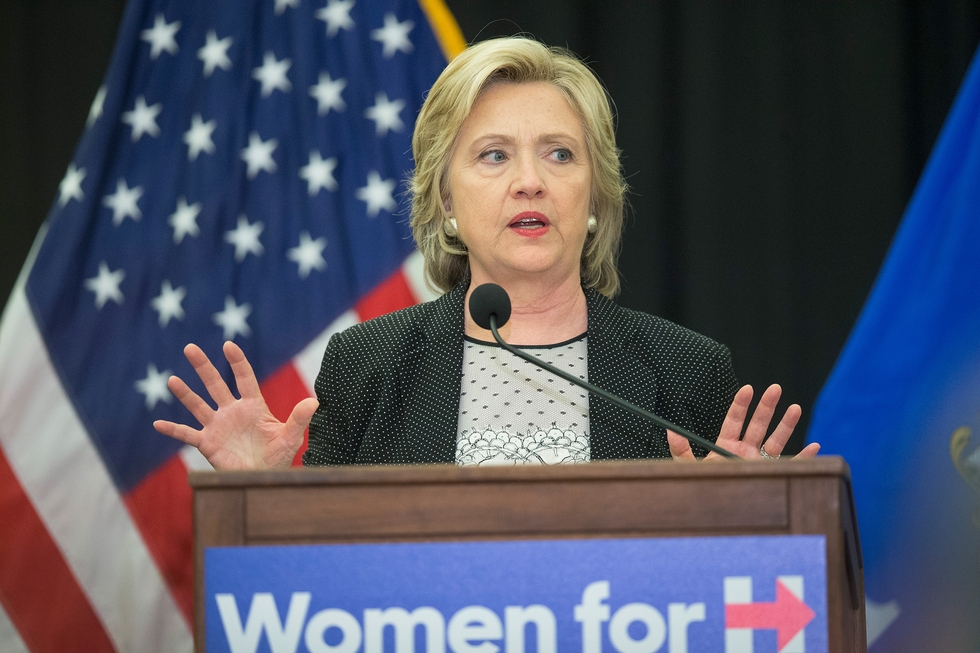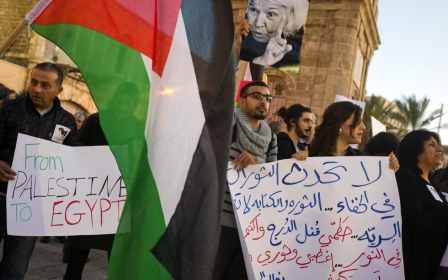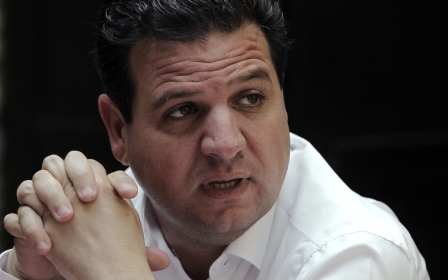Kerry and Clinton mount criticisms of Netanyahu

US Secretary of State John Kerry and former secretary Hillary Clinton unleashed criticisms of Israeli Prime Minister Benjamin Netanyahu and his polices over the weekend.
Kerry warned Israel on Saturday about the consequences of any collapse of the Palestinian Authority (PA), saying it could jeopardise Israel’s security. He also went on to later urge Prime Minister Netanyahu to respect the two-state solution saying that it must not be a "slogan" because "current trends are leading for a one-state reality".
However, a day later Netanyahu hit back saying that "Israel will not be a binational state".
Former Secretary of State Hillary Rodham Clinton said that the "one-state solution is no solution, but prescription for conflict," and added that the alternative to the current Palestinian leadership might be the Islamic State (IS) group.
Speaking before the Saban Forum on Sunday - an annual dialogue between American and Israeli leaders hosted by the think-tank Brookings Institution – she told the audience that some "in the Israeli government don't see Abbas as a partner" and asked, "What is the alternative? Who is better?"
Clinton emphasised that "Israel should take action, including on settlements," noting that "all US governments were against expansion of settlements," but made the distinction that "converging interests between Israel and Arab states might contribute to peace."
Netanyahu told the forum prior to Clinton's speech that "The only workable solution is not a unitary state, but a demilitarized Palestinian state that recognizes the Jewish state".
At least 113 Palestinians, including many alleged attackers, and 19 Israelis have been killed since 1 October.
Israeli officials privately accept that the violence is likely to continue.
Palestinians have expressed frustration at the decades-long failure of peace talks and the continuing occupation of the West Bank and East Jerusalem, with many also losing faith in the leadership of Palestinian Authority President Mahmoud Abbas.
"President Abbas spoke more despairingly, my friends, than I have ever heard him about the sense of hopelessness that the Palestinian people feel," Kerry, who traveled to the region last month, said in a speech at the Brookings Institution.
He said the level of distrust between the two sides "has never been more profound," and called for an end to the violence before it worsens yet again.
"Without the PA security forces, the IDF [Israel Defense Forces] could be forced to deploy tens of thousands of soldiers to the West Bank indefinitely to fill the void," Kerry said.
"Are Israelis prepared for the consequences this would have for their children and grandchildren who serve in the IDF [Israeli Army] when the inevitable friction leads to confrontation and violence?"
Kerry also criticised Israel for building settlements on land Palestinians see as part of their future state.
"The continued settlement growth raises honest questions about Israel's long-term intentions and will only make separating from the Palestinians much more difficult," he said.
"There are no easy answers, but we can't stop trying to find solutions that move us closer to peace."
New MEE newsletter: Jerusalem Dispatch
Sign up to get the latest insights and analysis on Israel-Palestine, alongside Turkey Unpacked and other MEE newsletters
Middle East Eye delivers independent and unrivalled coverage and analysis of the Middle East, North Africa and beyond. To learn more about republishing this content and the associated fees, please fill out this form. More about MEE can be found here.




